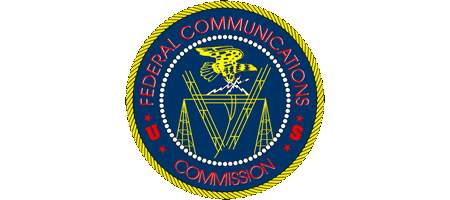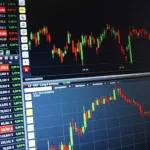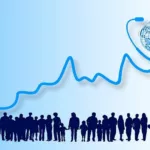Federal Communications Commission chairman Julius Genachowski has announced plans to crack down on the practice known as cramming – the sudden appearance of mystery fees on phone bills.

According to the FCC, as many as 20 million Americans have seen unexplained charges appearing on their bills, ranging from $1.99 to as much as $19.99 per month. It says only one in 20 of these users even knew about the charges.
They tend to appear for services such as long-distance or voicemail – even diet plans or yoga classes that the consumer neither requested nor used, says the FCC.
It cites one St Louis woman who was charged for 25 months of
long-distance service she never authorized or used. When she challenged the charges, the company sent her a copy of the form that she had supposedly filled in to authorize the service – which carried a different name, address, email and birth date from her own. Even so, the long-distance company offered to credit back only a fraction of the cost.
“Cramming is not only illegal, it erodes consumer trust in communications services,” says Genachowski.
“The FCC will not tolerate cramming, and we are turning up the heat on companies that rip off consumers with unauthorized fees. We want to send a clear message: if you charge consumers unauthorized fees, you will be discovered and you will be punished.”
And it’s started turning up the heat already. Last week, the FCC Enforcement Bureau issued Notices of Apparent Liability to four companies for allegedly charging thousands of consumers for long distance service that they hadn’t ordered.
Main Street Telephone, VoiceNet Telephone, Cheap2Digital Telephone and Norristown Telephone apparently carried on billing customers unlawfully for months.
“The Commission acting on our Enforcement Bureau’s investigation and
recommendations proposed $11.7 million in fines against four companies that appear to have engaged in widespread cramming,” says Genachowski.
“We found that each of these companies was charging thousands of consumers for a type of long-distance service they never ordered or used, with each company billing consumers roughly $13 to $15 at a time. This resulted in the apparent overcharging of consumers to the tune of about eight million dollars.”






